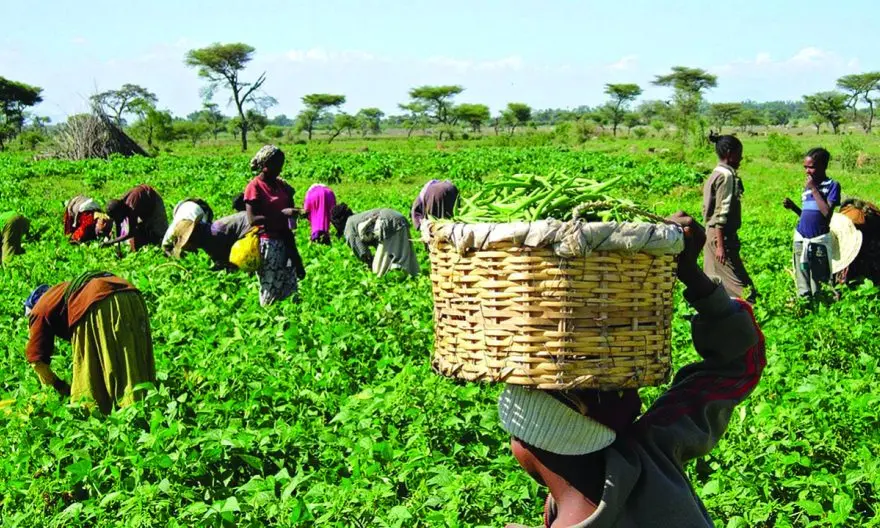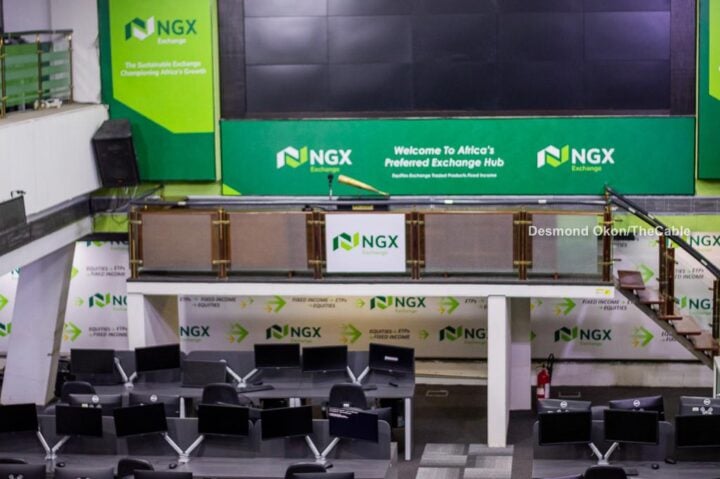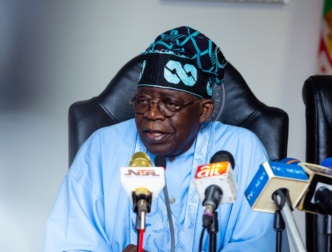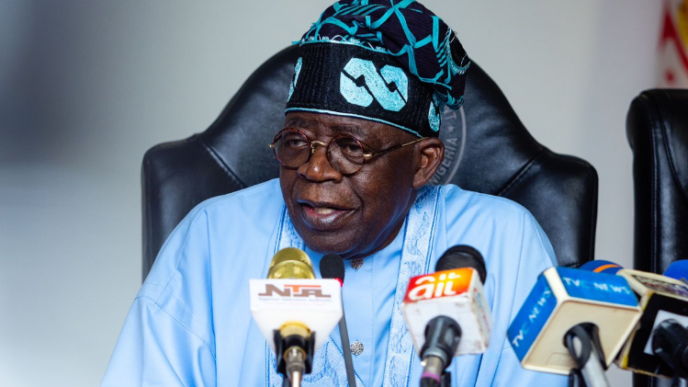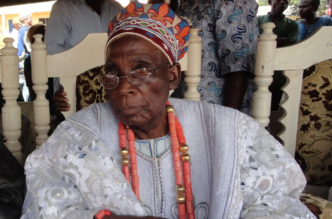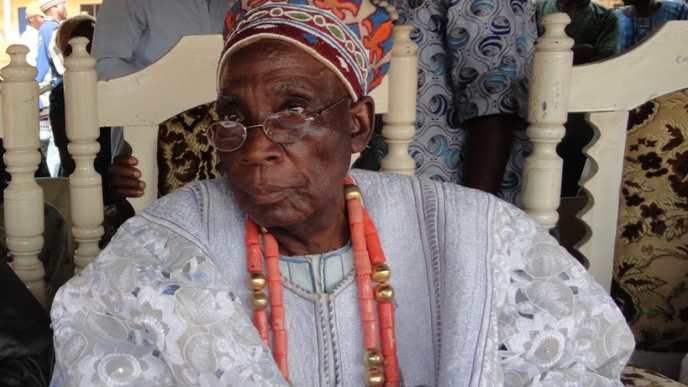BY OGUNTOYE OPEYEMI
On May 31, following President Bola Tinubu’s announcement regarding the termination of the longstanding PMS subsidy, the NNPC set a regulated pump price throughout the nation. In Lagos, where the fuel is offloaded, the pump price was established between N488 and N500. Conversely, in the farthest region of the country, the north-east, the price ranged up to N550, marking a difference of N62. A recent viral video from a well-known market in Benue state, posted by a serving youth corps member, highlighted the disparity in the cost of living.
She reported that a tuber of yam costs between N2,000 and N3,000 there, whereas in Lagos, the price soars to N10,000. This is particularly striking when considering the freight cost for petroleum products is about N62 per litre for a distance of 1,524km. In stark contrast, farmers and middlemen incur a staggering N7,000 to transport a single tuber of yam from Benue to Lagos, a mere 772km journey.
In an effort to bolster agribusiness nationwide, former President Buhari, early in his tenure, initiated the groundbreaking project for the dualisation and expansion of the Abuja-Keffi-Makurdi highway. This project was undertaken with the anticipation that its completion would enable the ‘food basket’ of the nation to flourish and adequately feed the populace. However, despite significant progress and the completion of this road network, the spectre of hunger persists. The public has raised questions and demanded accountability from the government for the escalating food prices. The responsibility for this inflation and further discussion on the matter will be addressed in the subsequent section of this article.
Advertisement
The Netherlands, with a population of about 18 million, stands today as a beacon of innovation and development within the agricultural value chain, ranking as the third-largest exporter of agricultural products. Recognising the Netherlands’ achievements, the former governor of Ekiti state entered into an agreement to establish a dairy farm in the state, importing hundreds of new breeds of cows from the United States to ensure self-sufficiency for his constituents. This initiative mirrors efforts in various developing nations and aligns with former President Buhari’s vision when he closed the border.
The closure aimed to boost local agricultural production for domestic consumption and to export surplus goods, thereby increasing the country’s foreign exchange earnings and supporting the oil, gas, and mineral resource sectors. Upon assuming office in 2015, President Buhari launched the Anchor Borrower Scheme, funded by the Central Bank of Nigeria, which disbursed millions of naira to qualified farmers for the cultivation of agricultural products. The Nigeria Incentive-Based Risk Sharing System for Agricultural Lending (NIRSAL), acting as the facilitator, engaged farmer associations to verify data before disbursing funds.
However, the project faced challenges: some recipients began smuggling their produce out of the country post-harvest, and data indicated that nearly 30% of loan recipients diverted the funds for other purposes. Surprisingly, after nine years of the programme’s inception, more than 70% of the participants have been unable to repay their loans
Advertisement
Over the past eight years, the government has supplied the necessary amenities, funding, and a conducive environment to achieve self-sufficiency in food production. However, a lack of collective patriotism has hindered our progress, and it is time we acknowledge our shared responsibility for the current state of affairs.
Currently, the digital space has become a battleground of tribal disputes, with each region pointing fingers at the other for the caliber of leaders presented in the last general election. However, if we are to be honest, we must acknowledge that our leaders are a reflection of ourselves. For eight years, the northern part of the country steadfastly supported President Buhari, even amidst multiple episodes of inflation. Meanwhile, protests erupted in several southern states, challenging the leadership of the nation, which the north perceived as an attempt to dethrone President Buhari.
Now, similar protests, sparked by food inflation, are being organised by some Nigerians, with the northern states at the forefront. It is crucial for every citizen to hold leaders accountable impartially, without succumbing to prejudices, favouritism, or nepotism, as these biases only foster regional animosity. Selective accountability of our leaders for failures or incompetence is unjust, especially when directed at a government that has only been in office for one year.
In the midst of this turmoil, one must question the role of the governors, given that the land is under state jurisdiction. Despite the vast tracts of land and abundant resources, little has been achieved. In Oyo state, for instance, about five agricultural settlements established since the Second Republic remain underutilised. In 2021, Governor Makinde selected 3,300 youths for the ‘Youth Entrepreneurship in Agribusiness Project’ (YEAP) in Nasarawa state. Despite the investment of billions of naira, the expectation for Oyo state to become agriculturally self-sufficient has not been met, and its citizens are among those participating in the ongoing national protests.
Advertisement
Rather than confronting their state governor, they direct their grievances at the president in Abuja. To address the security issues plaguing some southern states, the late erstwhile Governor of Ondo state of blessed memory, Arakunrin Akeredolu, along with other southwestern governors, established the local security network ‘Amotekun.’ While it has effectively protected farmers and the populace, this success has not yet led to the anticipated boost in agricultural production.
In the final year of President Tinubu’s administration, state governments have seen a significant rise in their monthly federal allocations, a result of the fuel subsidy removal. Yet, this increase has not corresponded with an improvement in the welfare of their citizens. Accountability at the state level remains elusive, as state governments have managed to persuade their citizens of a concealed miracle in Aso Rock, effectively diminishing their roles to that of mere overseers.
Currently, Nigeria is navigating a precarious situation where citizens expect the government to champion their cause, yet there is a lack of patriotic zeal to advocate for their own country. The task of arresting and prosecuting those responsible for food inflation remains challenging. Two months ago, a community leader in Ekiti visited the local market, acting on information that some traders were artificially inflating prices. Upon arrival, he was met with an outcry against traders who offered lower prices. This incident led to the abolishment of all market associations, which were identified as instruments for extorting market women and artificially inflating consumer prices.
To fortify national security, the previous administration appointed key security officials predominantly from the northern part of the country. This includes the ministers of defence and police chiefs. The rationale behind these appointments was to safeguard the agricultural sector in the north, which is vital for the country’s sustenance. Consequently, the government allocates billions annually to enhance the nation’s security infrastructure.
Advertisement
The role of citizens must be scrutinised in the context of the food inflation currently plaguing the nation. Despite the federal government’s numerous reforms aimed at ensuring an abundant food supply and boosting exports for the country’s benefit, there are individuals within every level of power who hinder these initiatives from achieving their intended outcomes. It is not productive to lay the blame solely at the feet of one individual in the presidential villa; history has taught us that nation-building is a collective endeavour.
The current situation demands the concerted efforts of all patriotic citizens to engage in meaningful agricultural activities in their own backyards and farms to nourish the nation. The prevailing elitist attitude among Nigerians is perplexing, as it is unclear who we are trying to impress by abandoning agricultural pursuits. The question arises: where are the 3,300 youths trained in Oyo state under Governor Makinde’s initiative, along with other young individuals across the country who have participated in various state and federal constituency initiatives?
Advertisement
You can connect with Oguntoye Opeyemi via Twitter: @EquityOyo
Advertisement
Views expressed by contributors are strictly personal and not of TheCable.
Add a comment
